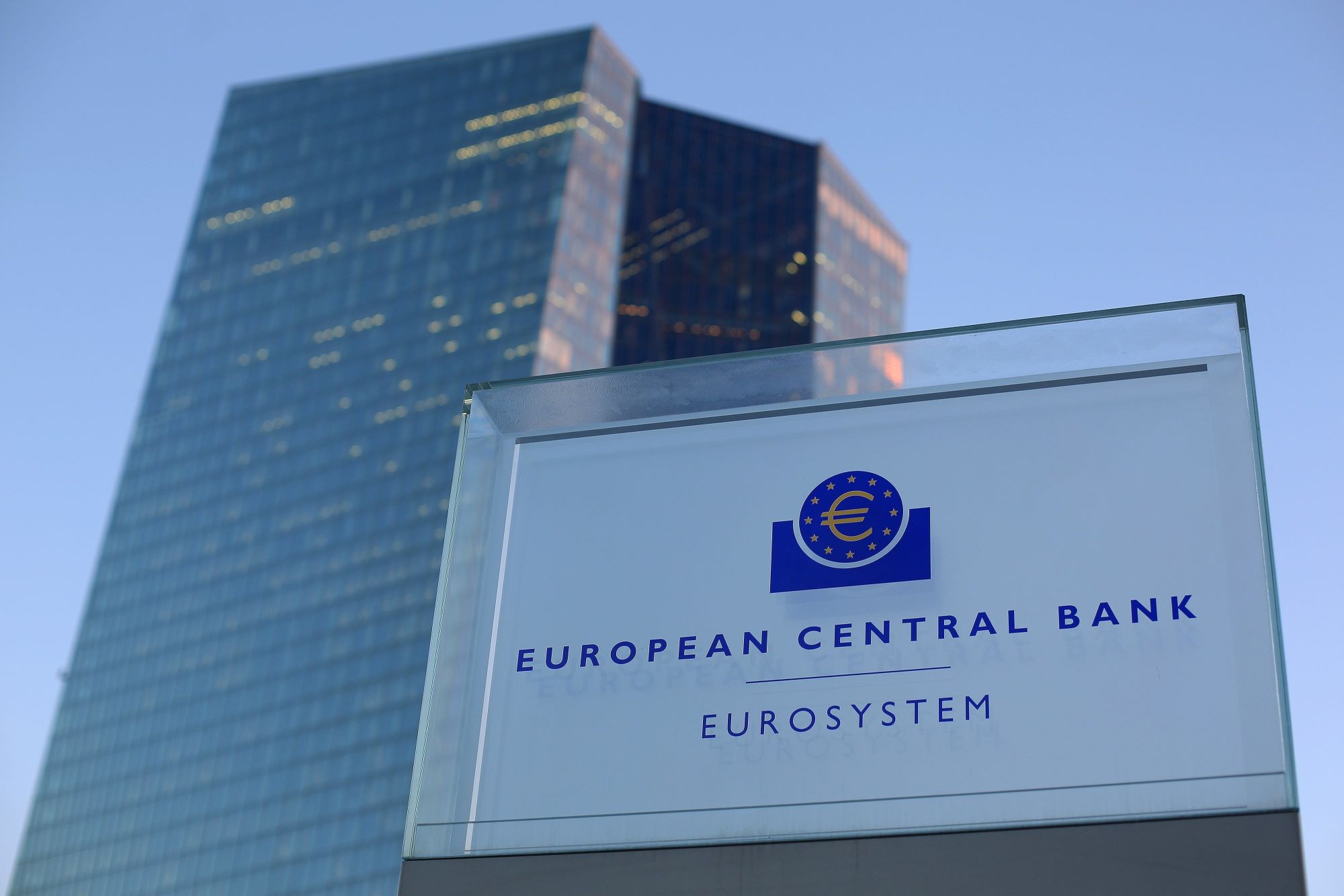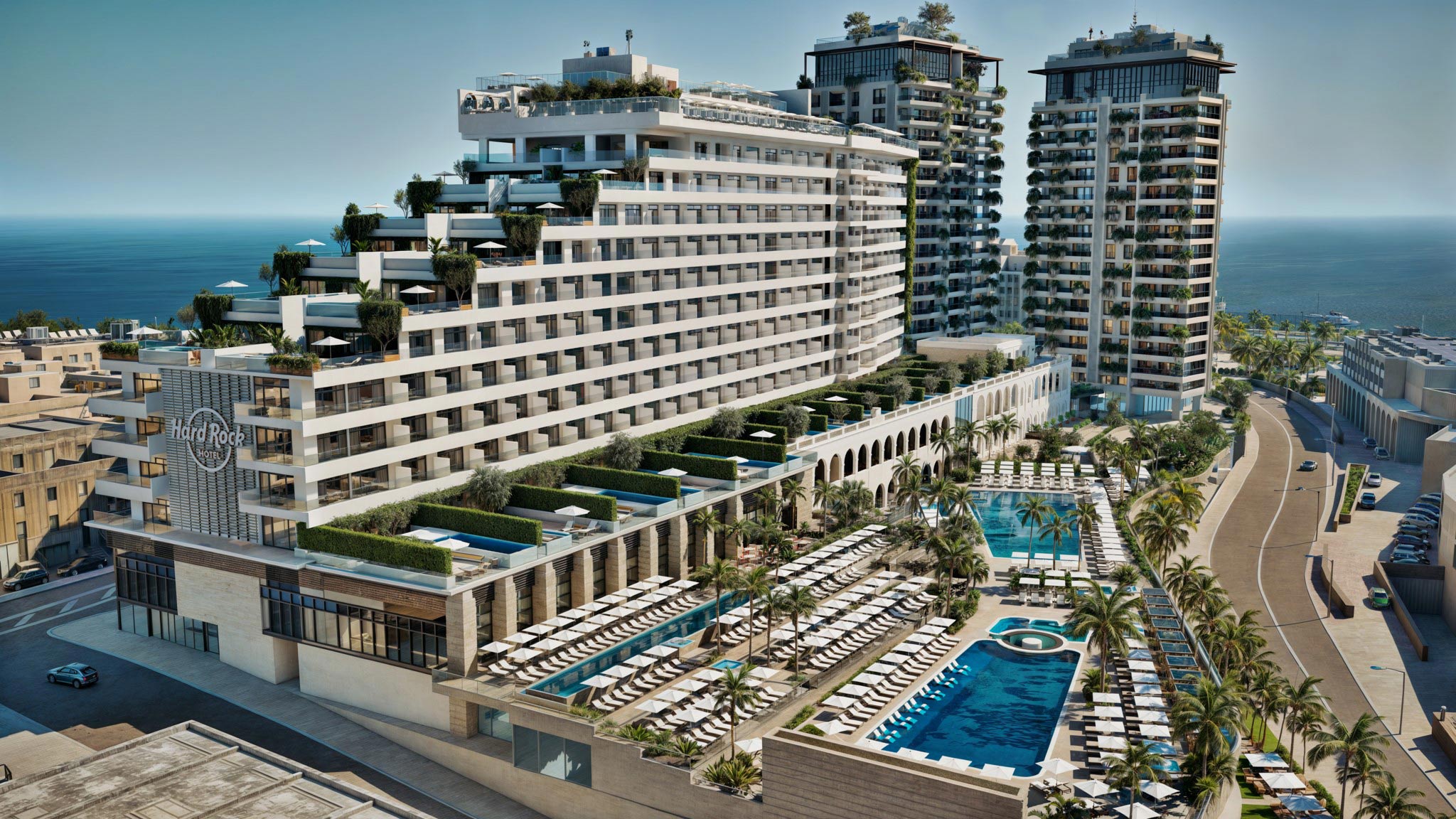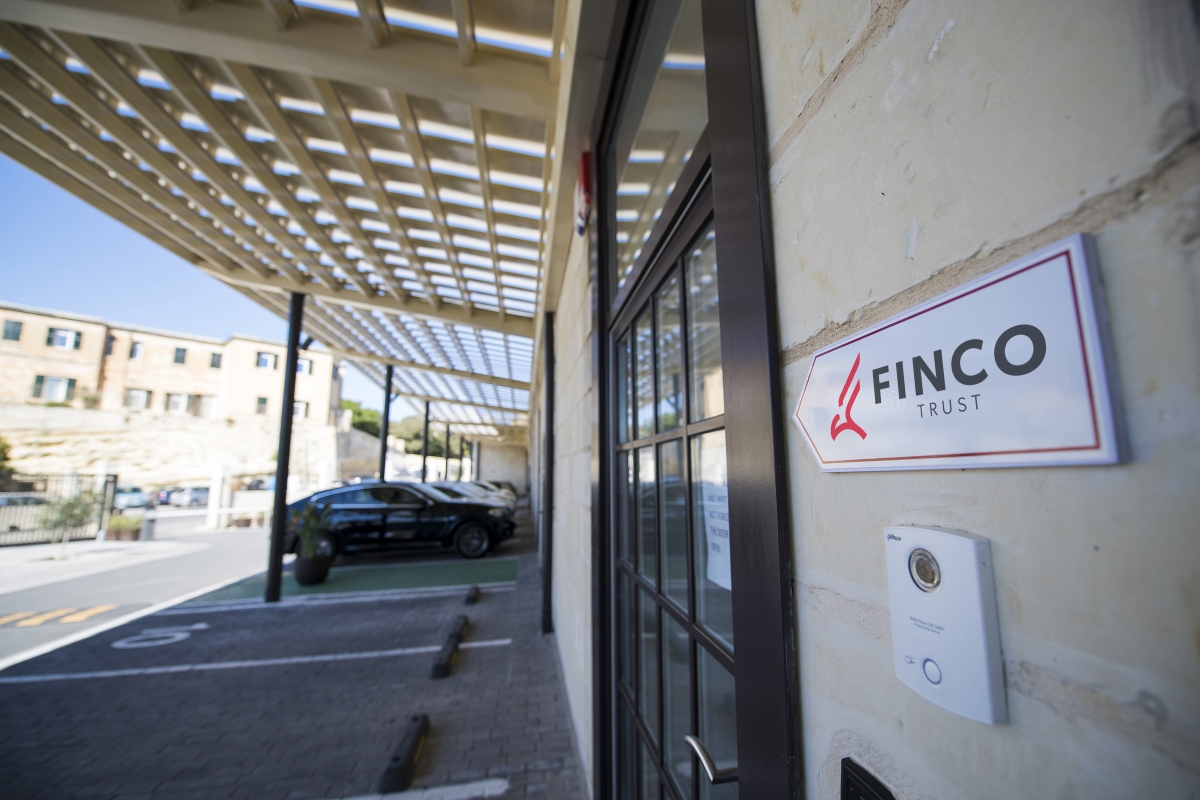The European Central Bank (ECB) has announced that it would slow down its purchases of eurozone debt in view of a Europe-wide economic recovery supported by high vaccination rates, though ECB president Christine Lagarde made it clear that the end is not in sight, recalling British Prime Minister Margaret Thatcher’s famous line by saying: “The lady isn’t tapering.”
The ECB’s Pandemic Emergency Purchase Programme (PEPP) has kept borrowing costs low for European Governments, underpinning their vigorous response to the COVID-19 pandemic.
On Thursday, the ECB said that this support would continue, in a divergence in policy from peers like the Bank of England, the US Federal Reserve, and the central banks of Canada, Australia and New Zealand.
However, support would be slowing down, with experts saying the monthly target has been set at €60 to 70 billion, despite no official guidance being published. The rate of purchases had been ramped up in March 2021.
The slowdown is seen by observers as a way to postpone the decision of what comes next, with the ECB’s regular instrument, the Asset Purchase Programme (APP) only authorised to buy some €20 billion of Euroean Government debt every month – a far cry from what many believe is needed to continue supporting the recovery.
“What we have done today … unanimously, is to calibrate the pace of our purchases in order to deliver on our goal of favourable financing conditions. We have not discussed what comes next,” said Ms Lagarde.
She insisted that the ECB’s current mission remains to keep credit cheap in order to bolster Government spending and boost inflation to its recently revised target.
“The day when PEPP is over … the job is not finished because we are still targeting two per cent,” Ms Lagarde said.
With the economy now on a stronger footing, the ECB said that favourable financing conditions could be maintained with a “moderately lower pace” of asset purchases compared to the €80 billion it bought per month during the past two quarters.
The ECB meanwhile upgraded its growth forecast for this year to five per cent from the previous 4.6 per cent target.
It also raised inflation expectations to 2.2 per cent this year, falling to 1.7 per cent next year and 1.5 per cent in 2023 – well below the ECB’s symmetric two per cent target.
Although Europe-wide inflation hit three per cent year-on-year in August, according to preliminary estimates, Ms Lagarde said policymakers continued to believe that wage pressures were modest, and that supply bottlenecks currently hitting materials and equipment would start to ease.
Finally, the ECB’s key rate remains unchanged at minus 0.5%, and the PEPP remains on track to end next March.
This all set the scene for what is likely to be a contentious and frictious December meeting of the Governing Council, bringing the PEPP to an end while somehow convincing conservative members of the need to drastically increase the APP.
Malta’s inflation edges up to 2.7% in October as food and services lead price pressures
The October RPI reading indicates some re-acceleration in consumer-facing sectors after a period of summer stabilisation
db Group reports turnover of almost €100 million and record profit as it opens bond issue to public investors
This coincides with the launch of a €60 million bond programme to support the Group’s continued expansion
Celebrating success: stories from the team behind Finco Trust
The stories of Lee-Anne Abela, Kris Vella, and Maria Mamo reflect the values that continue to guide the firm forward






